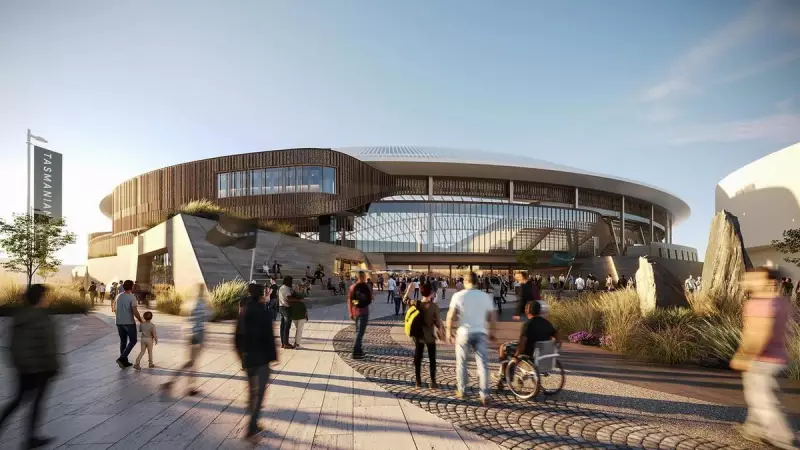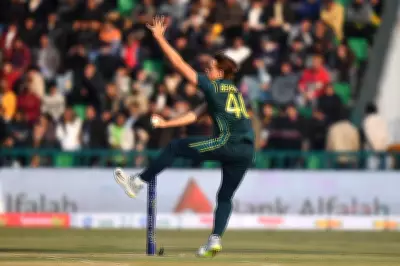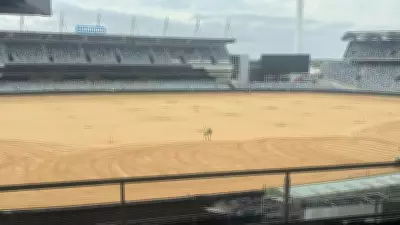
The proposed $1.13 billion stadium on Hobart's waterfront, a crucial condition for the Tasmania Devils joining the AFL and AFLW in 2028, faces an uncertain future as key independent politicians voice serious concerns about its financial viability.
Parliamentary Hurdles and Key Decision Makers
The stadium project requires parliamentary approval and is set to be presented to the lower house on Thursday, where it is expected to pass with support from both the governing Liberal party and the Labor opposition. However, its path becomes significantly more challenging in December when it moves to the upper house.
In the upper house, the stadium will likely require the votes of three out of eight independents to proceed. The political landscape shows Rosemary Armitage, Mike Gaffney, and Meg Webb are firmly anti-stadium, while Ruth Forrest has been critical of the project's cost and location.
Tania Rattray and Casey Hiscutt are viewed as likely supporters, leaving the stadium's fate resting primarily with former mayor Bec Thomas and ex-builder Dean Harriss.
Financial Concerns Take Centre Stage
Dean Harriss, who has remained tight-lipped about his final position, publicly questioned whether Tasmania can afford the massive project given the state's current financial position. The 2025/26 budget has forecast debt doubling to $10 billion by 2028/29, with the government already foreshadowing greater public sector cuts next year.
"If we can't pay for essential services without running up repeated billion-dollar deficits, it is reasonable to ask the question: how can we afford a billion-dollar stadium?" Harriss told parliament during budget reply speeches.
He also raised concerns about the government's ability to maintain "financial control" of the stadium project, pointing to recent cost blowouts for the new Spirit of Tasmania ferries as evidence of poor budget management on major infrastructure projects.
Grassroots Sport and Unanswered Questions
Independent MP Bec Thomas, who has kept her cards close to her chest, reiterated that her support for high-end sport was contingent on grassroots levels being properly funded.
"Right now the numbers in this budget show that this is not occurring and it's not projected to occur over the forward estimates," Thomas stated. "I hope the government will be able to explain how it justifies this exorbitant proposed expenditure on high-performance sporting infrastructure to serve an elite few."
Thomas emphasized that parliamentarians need more detailed information about how the stadium will be paid for, echoing Harriss's demand for convincing answers from the government.
Harriss additionally raised technical concerns, noting that cricket authorities were yet to confirm whether games could be played under the stadium's proposed cross-hatched roof design.
Meanwhile, supporter Tania Rattray talked up the stadium as an essential investment and one of the most significant projects in a generation. "This is a project that speaks to confidence - confidence in our state, our people and our potential," she said.
The AFL has maintained its firm "no stadium, no team" position and insists the deal cannot be renegotiated. The state government has committed to an initial $375 million pledge, plus more than $300 million in borrowings to fund the controversial project.





